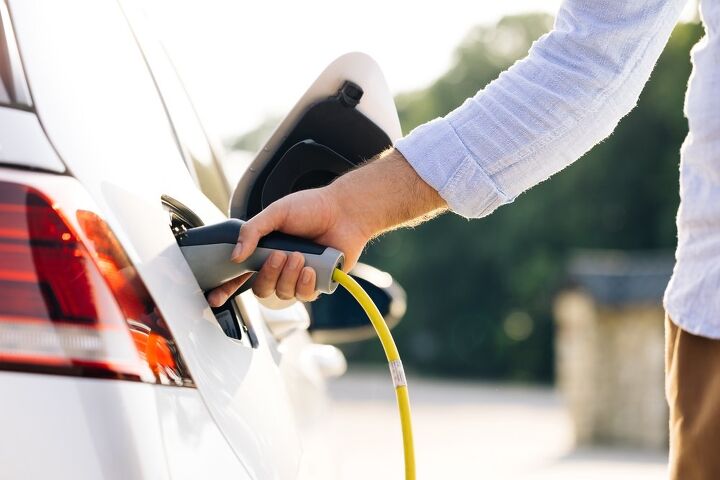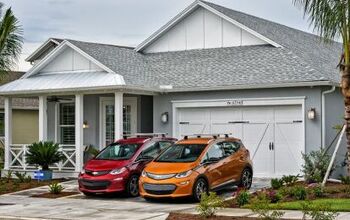Are Electric Cars Really Helping the Environment?
A recent study by the Keck School of Medicine of USC provides new insights into the potential benefits of electric vehicle (EV) adoption. The research, published in the Science of the Total Environment journal, presents the first real-world data linking EVs to reductions in air pollution and respiratory issues. This study marks a significant step in understanding the impact of electric cars on public health and the environment.
Understanding the Impact: Research Methodology
The researchers used multiple data sources to conduct their analysis. They gathered information on the total number of zero-emission vehicles (ZEVs), which include battery electric, plug-in hybrid, and hydrogen fuel cell cars, from the California Department of Motor Vehicles. The team also analyzed air pollution levels, focusing on nitrogen dioxide (NO2), and the rates of asthma-related emergency room visits across various California zip codes from 2013 to 2019.
Findings: Reduced Pollution and Health Risks
The results revealed a clear pattern: As the adoption of ZEVs increased within a zip code, there was a notable decline in local air pollution and asthma-related emergency room visits. Specifically, for every additional 20 ZEVs per 1,000 people, there was a 3.2 percent reduction in the rate of asthma-related emergency visits. Furthermore, the study showed a modest decrease in NO2 levels, a pollutant closely linked to traffic emissions.
Socioeconomic Disparities in ZEV Adoption
However, the study uncovered an adoption gap in ZEVs, with slower uptake in lower-resource areas. This gap highlights a need for policies that promote equitable access to clean transportation, particularly in communities disproportionately affected by pollution and related health issues.
Future Research and Broader Implications
While the study's findings are promising, the researchers acknowledge that more investigation is needed. Future research should explore additional pollutants, other vehicle classes, and broader environmental impacts of ZEVs, including the emissions from their production and disposal.
Conclusion
The study by the Keck School of Medicine of USC offers another case for the adoption of electric vehicles, not just for environmental reasons but also for public health benefits. It underscores the importance of considering local actions in the global fight against climate change and highlights the potential for significant health improvements through technological advancements in transportation.
This article was co-written using AI and was then heavily edited and optimized by our editorial team.
More by TTAC Staff
Latest Car Reviews
Read moreLatest Product Reviews
Read moreRecent Comments
- Ras815 It's a travesty that this is even allowed to carry the same 7er identity that the E23, E32 and E38 established.
- V16 It's hard to believe that GM or Ford in 2024 can't or won't design a truly class leading sedan for the North American market.To cede the entire mainstream market to Japan and Korea is an embarrassment.
- 1995 SC I don't know what the answer is, but out Germaning the Germans hasn't been it. Look at what works and do that (Escalade?). Maybe the world is ready for an option that just sort of shuts the world out at the end of the day and gives the driver a nice, supple ride home and is suited to the world that most people drive in.They won't though. The Journos will hate it and cry about ring times and at the end of the day that and dealers are who the cars are built for...not you. And Cadillac will likely fail sadly.
- Daniel I couldn't agree more! As someone who is literally 100% brand agnostic, Cadillac is right up there with Lincoln for (relatively) very nice American brand designs and powetrains (OK, their sedans are getting a little stale with the same pointy, CyberTruck angles, but I digress) but their interiors really are absolutely lacking almost *any* differentiation from the "solid for what it is" Chevy parts bin and deserves better!
- Fred Do what GM wants, cut costs. Pull out of racing hyper cars, defund the F1 program. Finally make more SUVs.


































Comments
Join the conversation